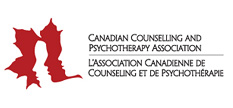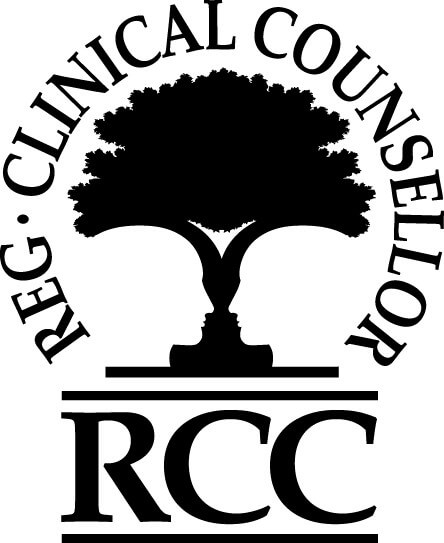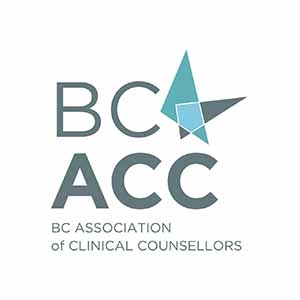Do I take responsibility for where I am in my life? Or do I blame external forces and other people? How cultivating an internal locus of control empowers us to heal and create a life we want.
Some time ago, in the not-too-distant past, I asked myself a question: How do I take responsibility for my life? I had been feeling like that was a thing that needed to start happening more. My next thought was, What does ‘taking responsibility for my life’ even mean, anyway?
I came across a podcaster who said: “I am where I am in my life because I have chosen to be there.”
I am where I am in my life because I have chosen to be there.
I remember how I felt when I heard her say those words. Sort of how I imagine a smack in the back of my head might feel.
Truth has a way of powerfully slicing through all of our previously conceived notions, once we ready to hear it.
John Maxwell said “We see what we are prepared to see, not what actually is.”
To be honest, any brush I might have had with above idea prior to hearing that podcast, I was not prepared to ‘see’. It turns out ‘seeing’ is actually really hard. But as time has passed (and therapy hours been attended), this reality has come to deeply resonate with me. I really am where I am in my life because I have chosen to be there.
There is a concept in counselling psychology called locus of control, which basically identifies where a person places responsibility for the things that happen/have happened in their life.
Do they place responsibility on the outside world? If so, they may say things like, “Why me?” or “How did I get here?” This represents an external locus of control.
Do they instead place responsibility on themselves? If so, they may say things like, “What possible role might I have played resulting in this outcome?” “What will I do about this situation?” This represents an internal locus of control.
The problem with an external locus of control is that it renders us powerless. It keeps us from being able to do something about our situation. It keeps us in a victim position, and makes the outside world or another individual, the looming threat. We are its (their) mercy. It empties us of self-determination, autonomy, creativity, confidence, and conveniently, responsibility. If I can blame you for the mess, I’m off the hook for having to clean it up.
Important caveat: if we have been victimized and/or traumatized – at the hand of something or someone in the outside world, this is not ours to own. We assert an internal locus of control in those situations by taking responsibly for our healing. In fact, cleaning up the mess someone else has made in our lives (instead of staying in anger, bitterness or resentment) is a sign that we are ready to leave our past behind – we are ready to heal.
An important goal in therapy is learning to move from an external locus of control to internal because that is the place where possible action lives. It’s the difference between placing blame (victim position), and taking responsibility (the work of healing).
In my practice, I have come to see quickly that some clients (we’ll call them keeners) have embraced this sense of responsibility throughout their lives. Bravo to them! There are others, however, who may go decades, or even spend their entire lifetime keeping other people and other things on the hook for the position they are in, and quality of life they have.
The choice is ours.
I am where I am in my life because I have chosen to be there.






